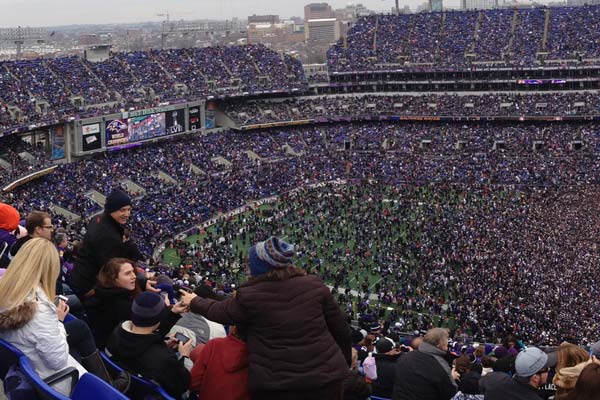
What sparks corporate philanthropy? From Super Bowls to natural disasters
Published: May 22, 2013
Corporate giving to local charities spikes during "mega-events" such as the Olympics or Super Bowl, and when natural disasters hit close to home, says a new study on philanthropy.
The findings, by András Tilcsik, an assistant professor of strategic management at the Rotman School of Management at the University of Toronto and Christopher Marquis, an associate professor at Harvard Business School, go against previous research that shows corporate giving tends to stay stable.
"For non-profit managers, it suggests that one potentially reasonable strategy might be to tie some of their efforts in fundraising and building local corporate relationships to these mega-events," said Tilcsik.
The paper also found that corporate giving can dramatically increase during times of local natural disasters. The findings on the impact of mega-events and disasters underline that, despite the belief that most major corporations act globally, they are also affected by what is happening in the communities where they are headquartered, and where many of their executive staff live.
"Communities still really matter, even in this global age," said Tilcsik.
However, researchers found that charitable giving during times of natural disasters depended on how severe the damage was. Serious disasters saw a drop in charitable giving, whereas smaller-scale events increased giving.
Tilcsik said one explanation for the difference may be that during major disasters other forms of support, such as government aid, step in to help out with local needs. As well, local non-profits that ordinarily would be targeted for giving by corporations may be so negatively affected themselves -- such as through the displacement of their own staff and board members -- that they may not be able to receive donations or carry out their normal work.
The researchers based their conclusions on analysis of data on the charitable giving of locally-headquartered Fortune 1000 firms between 1980 and 2006. The study was recently published in Administrative Science Quarterly.
Ken McGuffin is a writer with the University of Toronto's Rotman School of Management.



